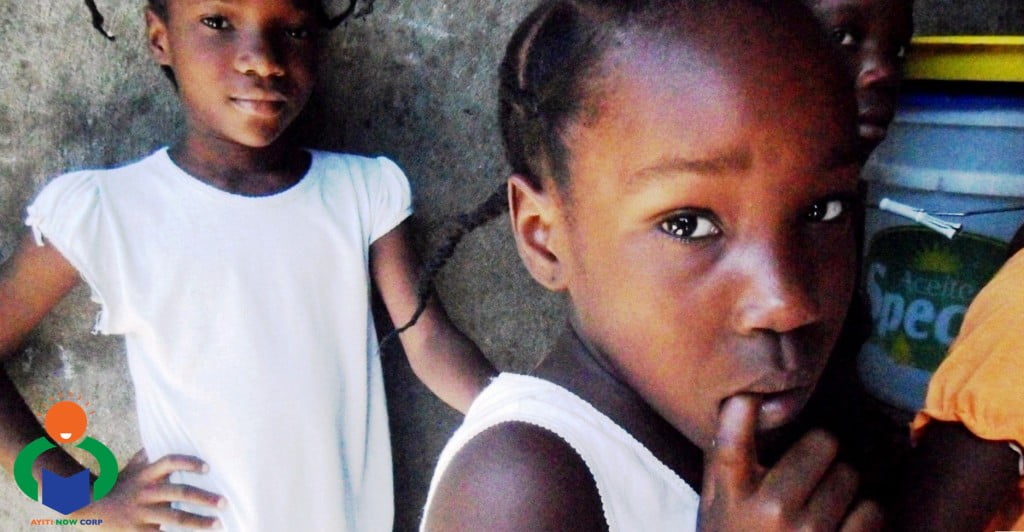
Many host families do not even have the resources to send their own children to school since there is a dearth of free and public education. Furthermore, in most cases, host families themselves are poor and are often unable to properly feed even their own children. In fact, the PADF and USAID study found that a not insignificant minority, 11%, of host families themselves send their children into restavèk placement.
While Haitian law condemns restavèk placement and child slavery, the system of enforcement has many shortcomings. Most obviously, the 2003 law prohibiting restavèk placement fails to include penalties for violating the law. While it allocates jurisdiction for investigating these cases to the Ministry of Social Affairs, it does not outline any specific punishments and only generally alludes to the possibility of judicial action. Admittedly, Article 340 of the Haitian Labor Code provides for the levying of a fine of 3,000 – 5,000 gourdes against any employer who employs a child under 15 or a child 15-18 without a work permit, but there is no evidence Article 340 is being enforced.
For example, the Ministry of Social Affairs’ Institut du Bien Etre Sociale et de Recherches (IBESR) implemented SOS Timoun, a hotline for citizens to call and report violations of children’s rights in 2000. IBESR reported receiving approximately 200 calls for assistance each year. Unfortunately, the minimally staffed program offered limited assistance. It would make an initial inquiry into the case and try to educate host parents to stop the abuse. It also occasionally removed the child from the host family or took a case to court. However, generally, there was no follow-up beyond the initial investigation. At this point in time, there is no evidence that this hotline continues to exist.
Recognizing the Haitian government’s limitations, several organizations and NGOs are now addressing restavèks. However, there is no uniform approach and little to no government support or coordination. As a result, most organizations are only able to create “pockets of change,” but do not have the resources to solve the restavèk problem on a national scale.
While restavèk placement has occurred for years, the earthquake has worsened the problem. The earthquake orphaned many children. Moreover, in the effort to find the nearest emergency shelter and medical care, families were separated without any record. There continues to be no effective data system in place for individuals to find lost family members. Other orphaned and lost children are easy prey for traffickers. As one UNICEF official explained, “Traffickers fish in pools of vulnerability, and we’ve rarely if ever seen one like this.”